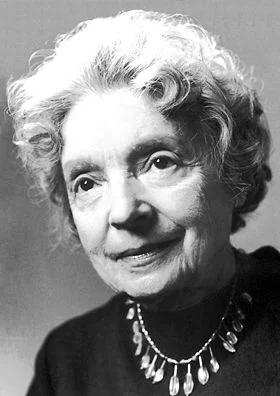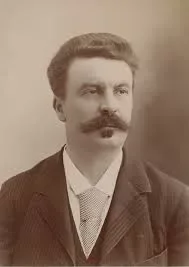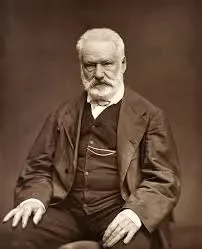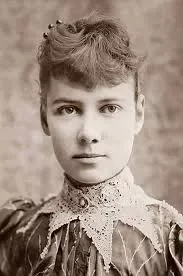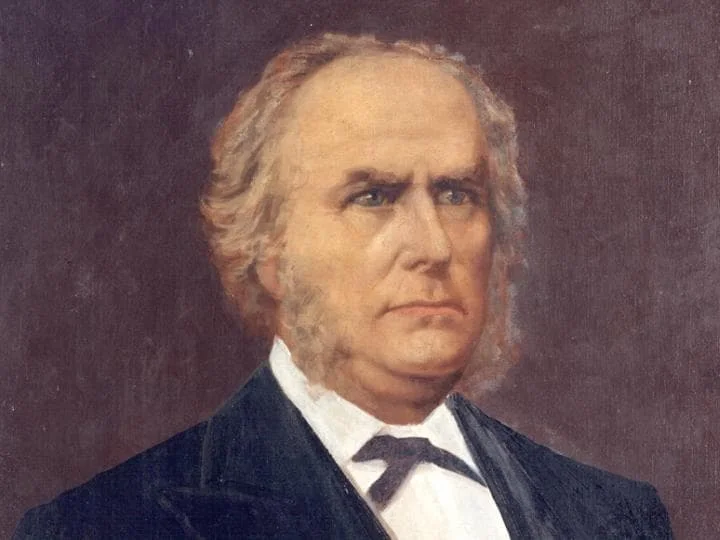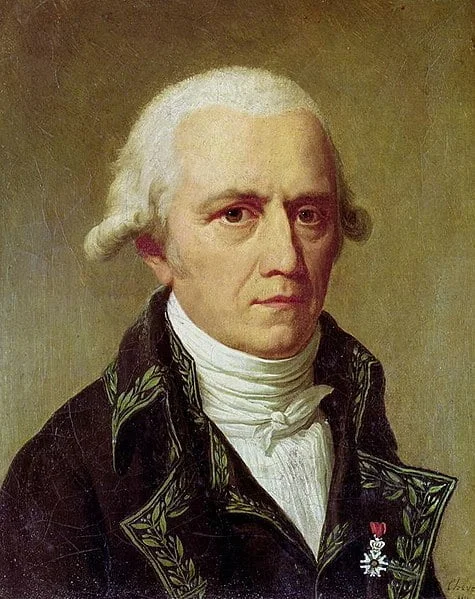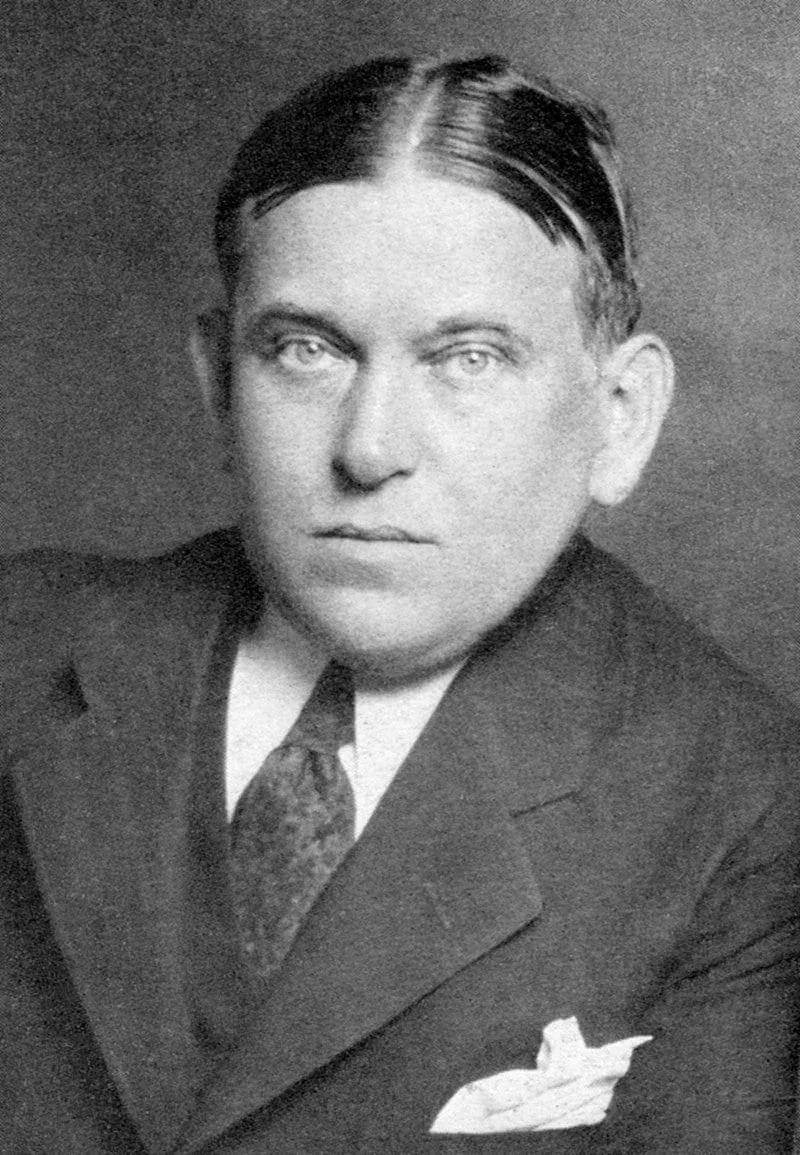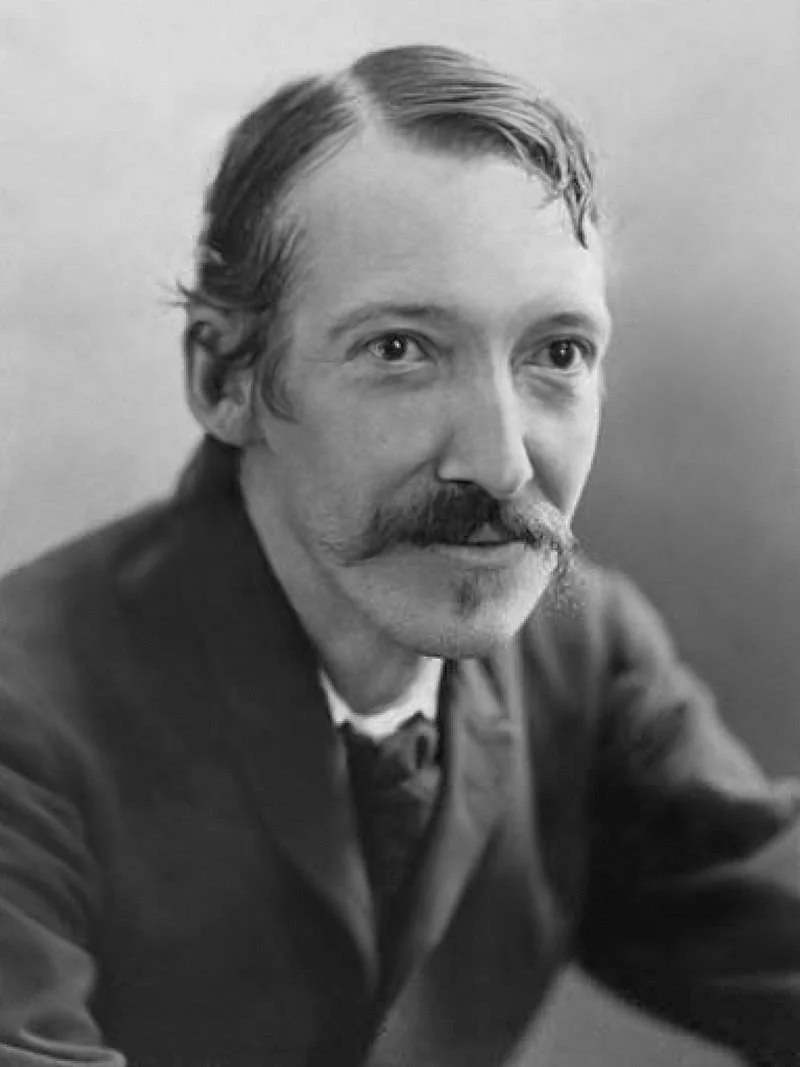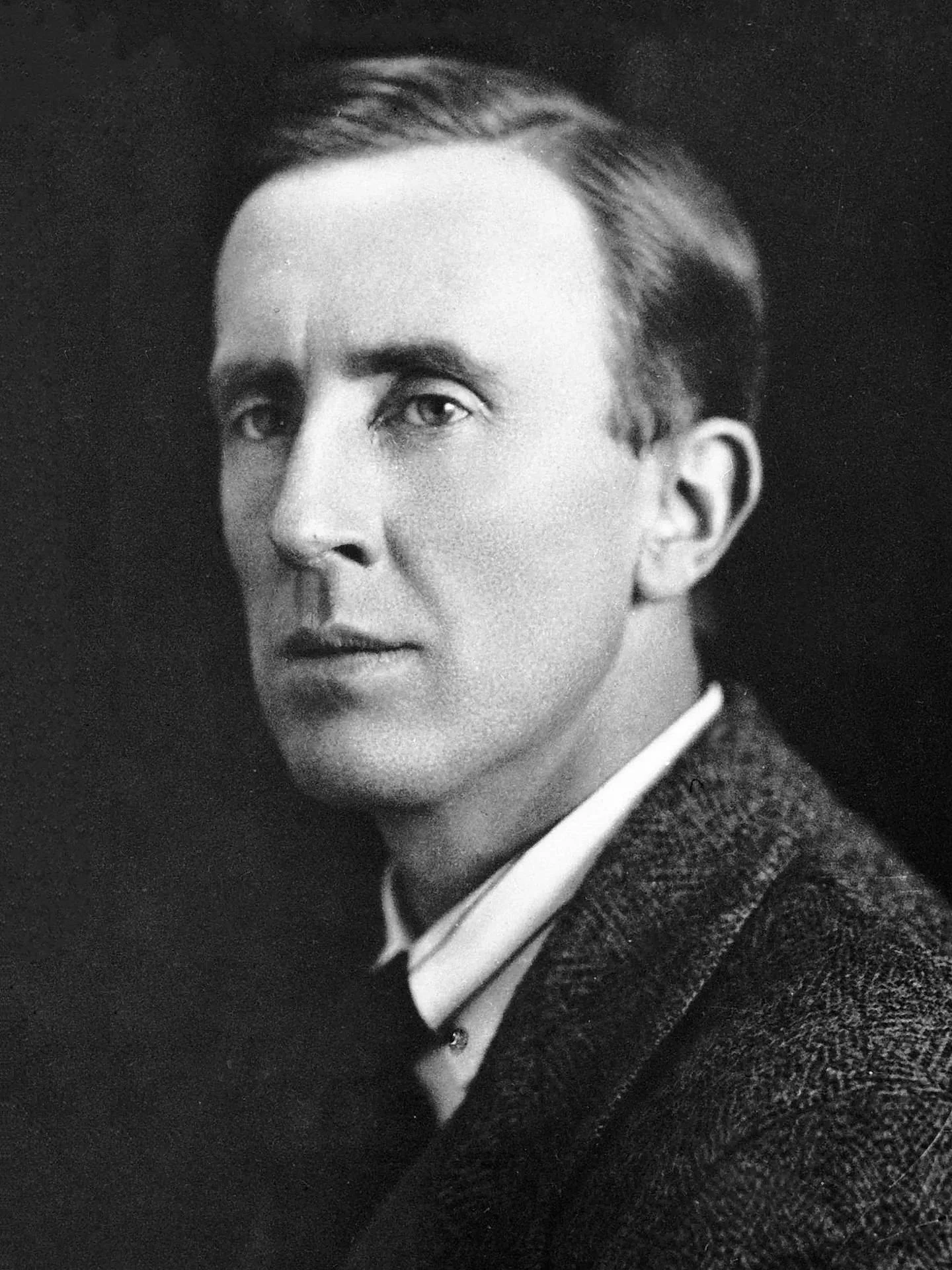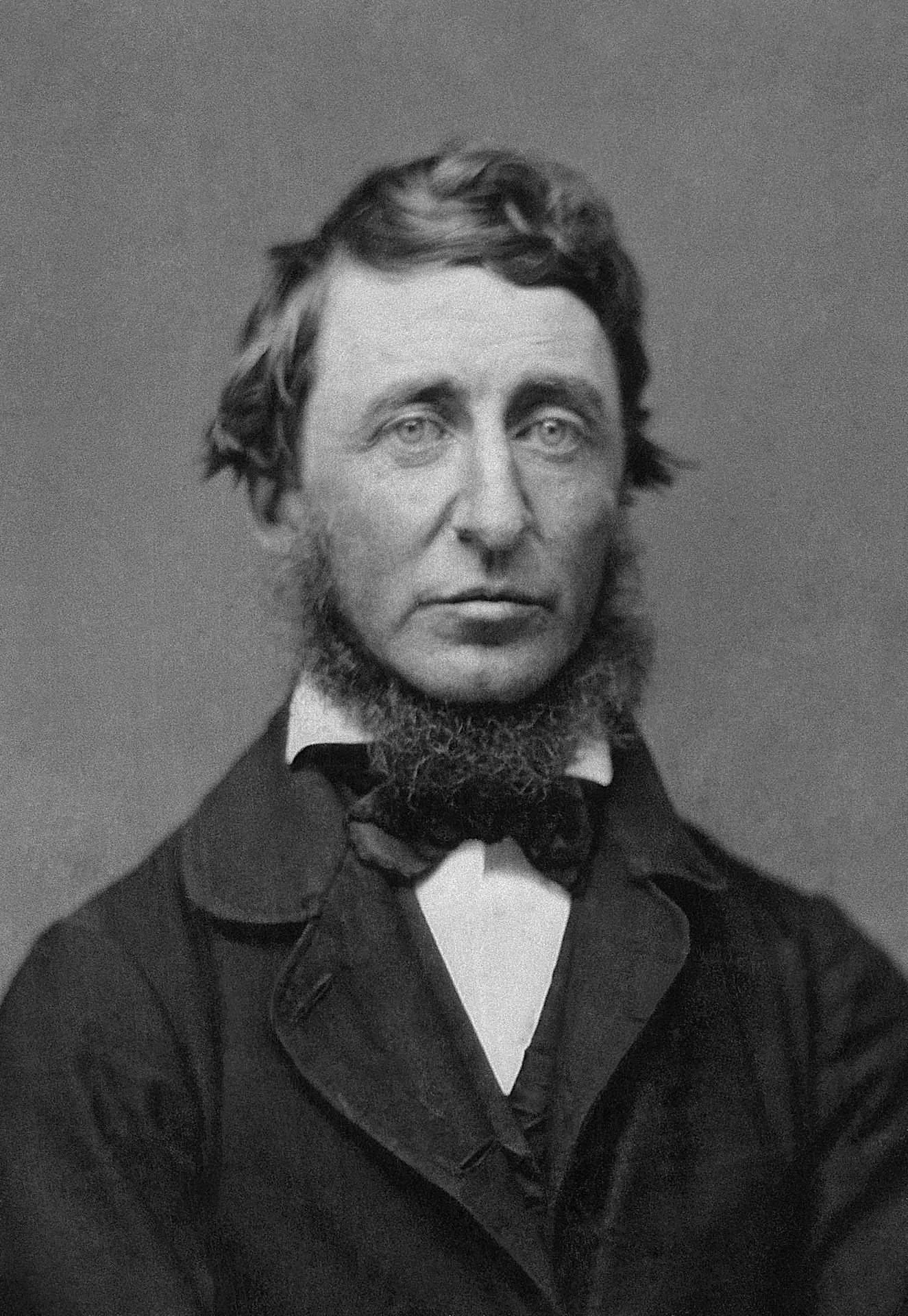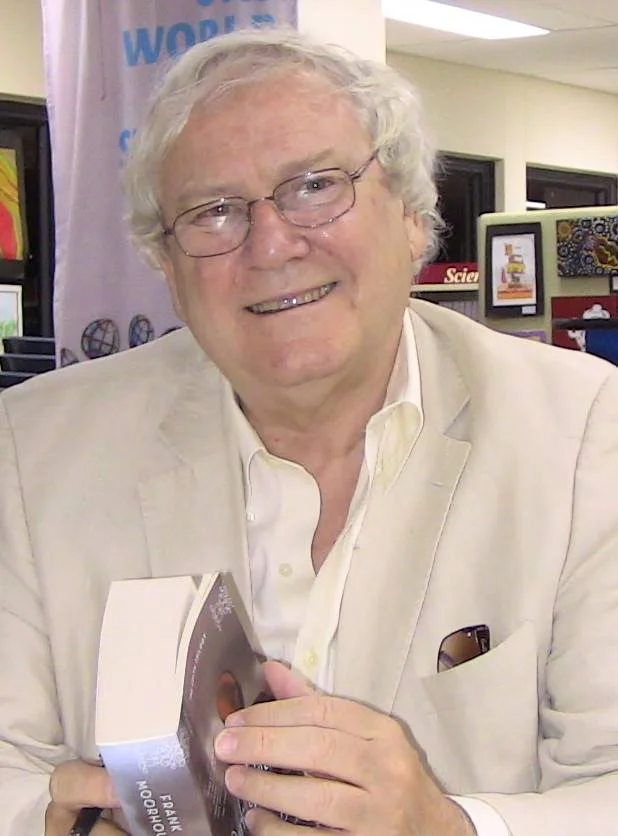Real Celebrities Never Die!
OR
Search For Past Celebrities Whose Birthday You Share
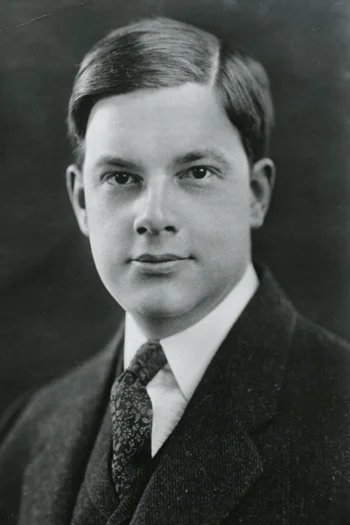
source:wikipedia.org
Joyce Kilmer
Birthday:
06 Dec, 1886
Date of Death:
30 Jul, 1918
Cause of death:
Killed in action during World War I
Nationality:
American
Famous As:
Journalist
Age at the time of death:
31
Joyce Kilmer's Quote's
Joyce Kilmer: Poet and Soldier
Joyce Kilmer (1886–1918) was an American poet, journalist, literary critic, and soldier who gained immense recognition through his poem “Trees,” a romantic tribute to the splendor of nature. Born on December 6, 1886, in New Brunswick, New Jersey, Kilmer spent his childhood in a family that was rich in literature and learning. His father, Frederick Barnett Kilmer, was a chemist and a chemist with the development of Johnson & Johnson’s baby powder. His mother, Annie Kilburn Kilmer, was a writer and composer, which might have inspired Joyce’s early love for literature.
Education and Early Career
Kilmer took his education at Rutgers Preparatory School. He later attended Rutgers College after which he switched to join Columbia University. It is where Kilmer graduated with an undergraduate degree in 1908. While at Columbia, Kilmer nurtured his passion in writing and found himself taking very active roles among the university literary fraternity. In his early career, he taught and worked as a lexicographer, compiling his words into dictionaries.
Marriage and Family Life
In 1908, Kilmer married another poet, kindred spirit Aline Murray. Their marriage was deeply loving and fruitful, producing five children. The Kilmers faced personal challenges, particularly when their daughter, Rose, was diagnosed with infantile paralysis. This hardship profoundly affected Kilmer and defined the spiritual depth evident in his poetry.
Poetry and Literary Recognition
Kilmer began gaining recognition as a poet and essayist while working for several newspapers and magazines, including The New York Times. His 1913 collection, Trees and Other Poems, brought him widespread acclaim, with the title poem “Trees” becoming an enduring classic. The simple yet poignant verses expressed his profound reverence for God and nature, striking a chord with readers of all backgrounds.
Religious Conversion and Influence
Born an Episcopalian, Kilmer converted to Roman Catholicism in 1913 by influence of his wife and a series of spiritual explorations. His faith became a major theme of his later writings and brought him much praise among religious and literary circles alike.
Enlistment in World War I
With the start of World War I, Kilmer felt an obligation to enlist. In 1917, he enlisted in the U.S. Army, where he would be assigned to the 165th Infantry Regiment, a part of the famous “Fighting 69th.” Kilmer turned down safer assignments and insisted on being placed on the front lines. He quickly became a sergeant and earned the respect of his peers.
Death and Posthumous Recognition
It’s the tragedy of Kilmer that died at the Second Battle of the Marne. On July 30, 1918, he died, shot in the head by a sniper’s bullet while making a reconnaissance under terrific fire. He was killed when he was 31 years old. The French government decorated him posthumously with the Croix de Guerre for his bravery.
Legacy
Joyce Kilmer’s work lives on through his poetry, inspiring people to this very day with its sincere simplicity and rich spirituality. His work remained proof of his belief in the form of a divine presence in nature, the human experience, placing him among America’s favorite writers.
Name:
Joyce Kilmer
Popular Name:
Joyce Kilmer
Gender:
Male
Cause of Death:
Killed in action during World War I
Spouse:
Place of Birth:
New Brunswick, New Jersey, USA
Place of Death:
Near Seringes-et-Nesles, France
Occupation / Profession:
Personality Type
Mediator: Poetic, kind and altruistic people, always eager to help a good cause. Kilmer was idealistic, reflective, and deeply connected to his emotions, faith, and nature.
During World War I, Kilmer enlisted in the U.S. Army and was offered a desk job due to his education and literary reputation. However, he declined, choosing instead to serve in combat as part of the 165th Infantry Regiment.
In tribute to his literary and military legacy, the Joyce Kilmer Memorial Forest in North Carolina was dedicated in 1936. It is a 3,800-acre old-growth forest known for its majestic trees.
Kilmer’s best-known poem, *"Trees,"* was reportedly written in just a few minutes while he was sitting in his home in Mahwah, New Jersey.
Raised in an Episcopalian family, Kilmer converted to Catholicism in 1913, influenced by his wife and his personal search for faith.
The Kilmer Oak, which inspired "Trees," stood in New Brunswick, New Jersey, for over 300 years.
Best known for the poem “Trees” (1913), one of the most anthologized poems in the English language
Posthumously awarded the French Croix de Guerre for his service in the war.



